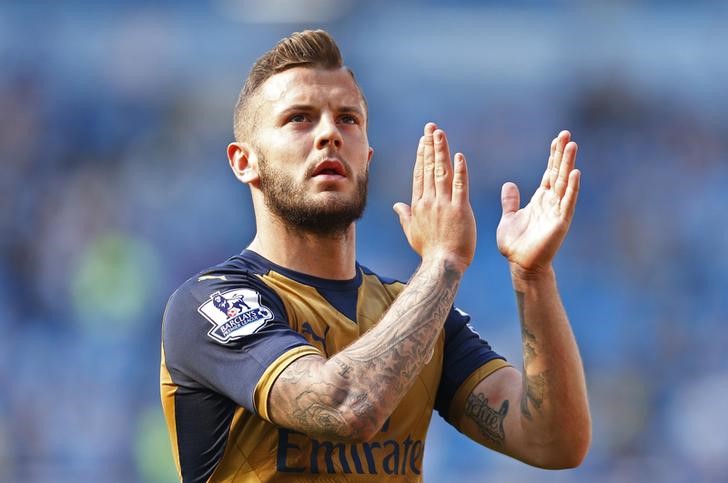By Tris Pan and Saikat Chatterjee
HONG KONG (Reuters) - Hong Kong's economy probably grew at its weakest annual pace in four years in the first quarter, hurt by China's slowdown, weak retail sales and falling asset prices.
Four economists survey by Reuters expect growth in the January-March quarter to have slowed to 1.48 percent from a year earlier - the weakest pace since the second quarter of 2012 - and down from 1.9 percent in the fourth quarter of 2015.
One economist with a quarterly estimate forecast the first quarter grew a seasonally adjusted 0.9 percent from the fourth quarter - when it expanded merely 0.2 percent.
"Hong Kong's economy is facing myriad headwinds, including an increasingly acute residential property price correction and significant linkages with the slowing Chinese economy," said Andrew Wood, head of Asia country risk at BCI research.
"While we do not envisage the economy tipping into full-scale recession in 2016, the risks of such an event are rising."
Hong Kong's economy grew 2.4 percent in 2015, about half the pace of 2011, as a slowdown in mainland China and a weaker yuan curbed Chinese spending, while a volatile stock market also hit domestic consumption.
A string of retailers from fashion to jewelry firms have posted grim performance figures, with retail sales contracting for the 12th successive month in March,
Hong Kong's tourist arrivals, which dropped 20.5 percent in February, slid 4.3 percent from a year earlier to 4.21 million in March. Mainland visitors, which accounted for 72 percent of the total, fell 6.9 percent to 3.02 million.
Kelvin Lau, a senior economist at Standard Chartered (LON:STAN) Bank in Hong Kong, said the global economy was off to a shaky start in the first quarter fueled by worries over the prospects of U.S. interest rate normalization, China's slowdown, and heightened currency volatility.
"Given its highly open nature, Hong Kong was not insulated from these external headwinds, which weighed on consumer and investor sentiment," he said.
Cracks are also widening in the city's real estate market, one of the most expensive in the world, and accounting for nearly a fifth of economic output.
Apartment prices are down by 12 percent from a September high and investment banks predict a further 20 percent decline in coming months.

While the city's leaders have announced a range of relief measures in its March budget, a turnaround in economic activity is unlikely in the near term given weak global growth and Hong Kong's strong links to a slowing Chinese economy, analysts say.